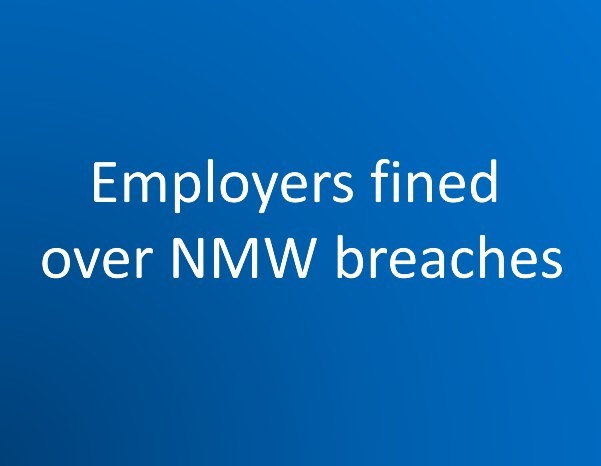
Running a business comes with financial risks, and sometimes, companies struggle to stay afloat. While facing insolvency is undoubtedly stressful, seeking professional help early can prevent serious legal consequences.
A recent case involving a Cheshire builder highlights the risks of mishandling insolvency and why business owners should act responsibly when financial difficulties arise.
A cautionary tale: Builder faces sentence for misconduct
Gary Roberts, a builder from Cheshire, was recently sentenced to six months in prison, suspended for two years, after fraudulent behaviour while his company, GR Developments 1 Ltd, was in financial trouble.
In 2021, he took £17,000 from a customer for home improvements, knowing his company was insolvent, and failed to complete the work. He also paid himself over £11,000 from company funds at a time when the business was entering liquidation.
His actions left the homeowner out of pocket and living in a home with its back exposed to the elements. He has been banned from serving as a company director for 10 years and has been ordered to pay more than £10,000 in compensation to his victim.
The Insolvency Service emphasised the seriousness of his misconduct, noting that businesses have a duty to act responsibly even when facing financial difficulties.
Why seeking help is crucial
While seeking help may seem uncomfortable, it can bring benefits that may even include saving the business from going under. Here are some key advantages.
- Avoid legal consequences – Directors who continue trading or remove assets when they know a company is insolvent risk severe penalties, including disqualification, fines, or even imprisonment.
- Protect your reputation – Mishandling insolvency can cause lasting damage to your professional reputation, making it difficult to secure future business opportunities or financial support.
- Maximise financial options – Consulting insolvency professionals early can help explore options like restructuring, administration, or voluntary liquidation, potentially saving the business or reducing losses.
- Minimise losses for creditors and customers – Acting responsibly ensures that customers, suppliers, and creditors are treated fairly, reducing financial harm to others.
- Ensure compliance with the law – Insolvency laws exist to protect businesses and the wider economy. Seeking expert advice ensures you follow the correct legal processes and avoid doing something, even unintentionally, that creates problems for you later.
Conclusion
Facing insolvency is challenging, but acting responsibly can protect you, your business, and your stakeholders. The case of Gary Roberts serves as a reminder that failing to handle insolvency properly can lead to severe consequences.
If you are concerned that your business may be in financial trouble, don’t wait - give us a call for a confidential discussion that will help you to navigate the situation legally and ethically.
The information provided in this blog is for general informational purposes only and should not be considered professional advice. As far as we are aware, the content is accurate at time of publication. Torgersens assumes no responsibility for errors or omissions in the content or for any actions taken based on the information provided.



.jpg)




